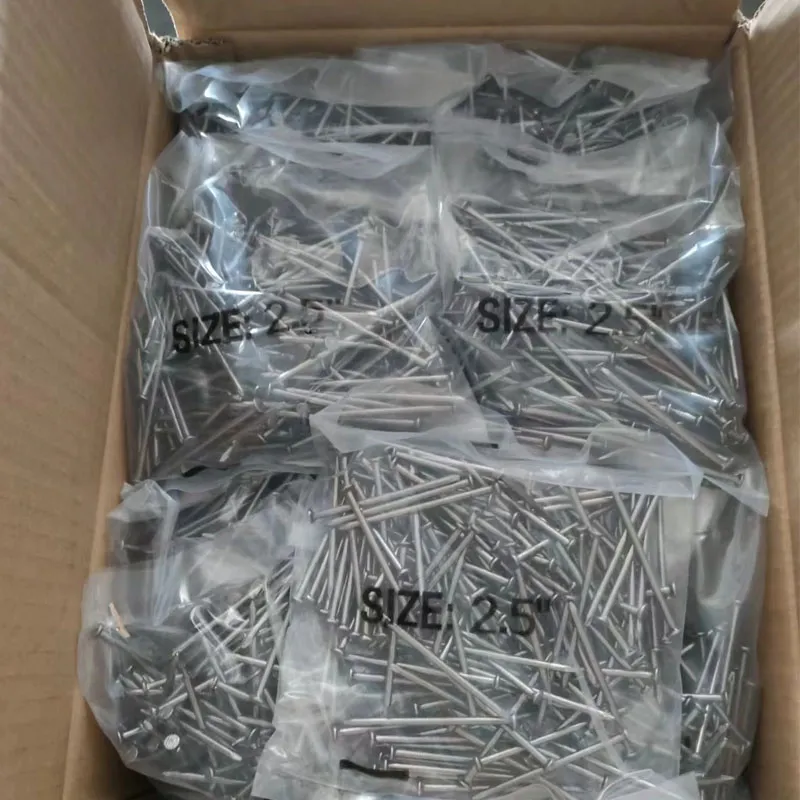10 月 . 15, 2024 12:01 Back to list
chicken coop mesh wire
Understanding Chicken Coop Mesh Wire
When it comes to raising chickens, providing a safe and secure environment is paramount. One of the essential components in chicken coops is the mesh wire, which helps protect your flock from predators while ensuring proper ventilation. This article delves into the importance of chicken coop mesh wire, the different types available, and some tips for choosing the right product for your needs.
Why Choose the Right Mesh Wire?
The primary purpose of chicken coop mesh wire is to create a barrier that prevents unwanted visitors—like raccoons, foxes, and birds of prey—from entering the coop. A sturdy mesh wire can protect your hens from potential harm, allowing them to roam freely without fear. Additionally, proper ventilation is crucial for the health of your chickens, as it prevents the buildup of harmful gases and ensures a comfortable environment. Thus, the right mesh wire not only enhances security but also promotes the wellbeing of your flock.
Types of Chicken Coop Mesh Wire
There are several types of mesh wire available in the market, each having its own advantages and drawbacks
1. Chicken Wire This is perhaps the most common type of wire used in chicken enclosures. It is durable and reasonably priced, but it does not offer the highest level of protection against larger predators. Chicken wire is best suited for backyard coops where the risk of larger animals is minimal.
2. Hardware Cloth Made from closely woven metal mesh, hardware cloth is a more robust option. It typically comes in various gauges (thickness) and provides excellent protection against even the most determined predators. Hardware cloth is often used for the base of chicken coops and for reinforcing doors and windows.
chicken coop mesh wire

3. Welded Wire Fencing This type of wire is made from steel rods that are welded at the intersections, providing a very strong barrier. It is ideal for large runs and coops, as it can withstand considerable force. While more expensive than chicken wire and hardware cloth, it offers maximum security.
4. Aviary Netting If you want to protect your chickens from aerial predators, consider using aviary netting. This mesh is specifically designed to keep birds out while allowing sunlight and rain to reach your hens. It is particularly useful in free-range setups.
Choosing the Right Mesh Wire
When selecting the appropriate mesh wire for your chicken coop, consider the following factors
- Predator Risk Assess the types of predators common in your area. If your chickens are at risk from larger animals, opt for hardware cloth or welded wire. - Ventilation Needs Ensure that the mesh wire you choose allows for adequate airflow. This is especially important in hot weather.
- Budget While it's tempting to go for the cheapest option, investing in higher-quality mesh wire can save you money in the long run by preventing losses to predators.
- Installation Ease Some types of wire are easier to install than others. Consider your skill level and available tools when making your choice.
In conclusion, chicken coop mesh wire plays a pivotal role in ensuring the safety and health of your flock. By understanding the various types available and how to choose the right one for your needs, you can create a secure and comfortable environment for your chickens to thrive. Whether you're a seasoned poultry keeper or a newcomer to chicken raising, proper fencing is key to a successful coop.
-
Secure Your Roof with Quality Roofing Nails
NewsNov.04,2024
-
Secure Your Property with Quality Field Fencing
NewsNov.04,2024
-
Enhance Your Space with Quality Mesh Fencing
NewsNov.04,2024
-
Discover the Versatility of Iron Wire for Your Projects
NewsNov.04,2024
-
Discover the Versatility of Common Nails for Your Projects
NewsNov.04,2024
-
Discover Quality Hydraulic Fittings for Your Applications
NewsNov.04,2024









